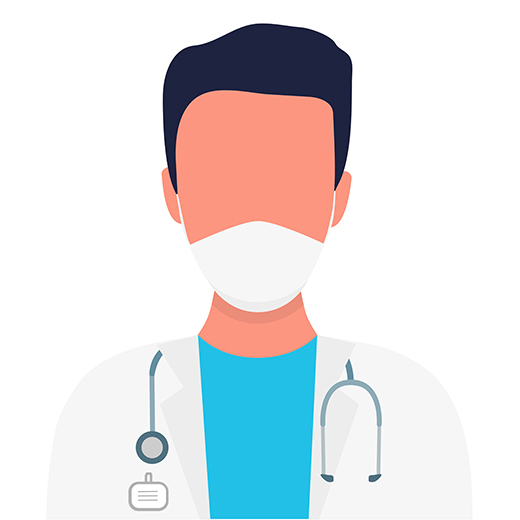Cardiology
Cardiology
Overview
Cardiology is the branch of medicine that focuses on the study, diagnosis, treatment, and prevention of diseases and disorders related to the heart and the circulatory system. Cardiologists are medical professionals who specialize in this field and are experts in evaluating, diagnosing, and managing a wide range of cardiovascular conditions.

Key Aspects of Cardiology
Heart Anatomy and Physiology
Cardiologists have a deep understanding of the structure and function of the heart. They study the heart’s chambers, valves, blood vessels, and how they work together to pump blood throughout the body.
Diagnostic Techniques
Cardiologists use a range of diagnostic tools to assess a patient’s heart health, including electrocardiograms (ECGs or EKGs), echocardiography (ultrasound imaging of the heart), stress tests, cardiac catheterization, and more. These tests help in identifying abnormalities in the heart’s structure and function.

KIDNEY TRASPLANTATION
Evaluation and selection of suitable kidney donors and recipients. Pre-transplant assessments and compatibility testing. Living donor and deceased donor transplant procedures. Minimally invasive laparoscopic donor nephrectomy.

TRANSPLANT SURGERY AND CARE
Advanced surgical techniques for kidney transplantation. Robotic-assisted and laparoscopic procedures. Post-transplant monitoring and follow-up care.

RENAL TRANSPLANT EVALUTION AND WORKUP
Comprehensive medical and surgical evaluations for potential transplant candidates. Diagnostic testing, including blood work, imaging, and biopsies. Evaluation of transplant suitability and consideration of alternative treatments.
Common Heart Conditions
- Coronary Artery Disease (CAD) A condition in which the coronary arteries that supply blood to the heart muscle become narrowed or blocked, often due to the buildup of plaque. It can lead to chest pain (angina) and heart attacks.
- Heart Failure A condition where the heart is unable to pump blood effectively, causing symptoms like shortness of breath, fatigue, and fluid retention.
- Arrhythmias Irregular heart rhythms, such as atrial fibrillation, ventricular tachycardia, or bradycardia, which can increase the risk of stroke and other complications.
- Hypertension (High Blood Pressure) Elevated blood pressure levels can strain the heart and blood vessels, increasing the risk of heart disease and stroke.
- Valvular Heart Disease Conditions involving problems with heart valves, such as stenosis (narrowing) or regurgitation (leaking), which can affect blood flow and heart function.
- Congenital Heart Defects Heart conditions present at birth, which can range from minor defects to complex structural abnormalities.
Treatment Option
Treatment plans for cardiovascular conditions vary depending on the specific diagnosis and severity of the disease. Cardiologists may prescribe medications, lifestyle changes (e.g., diet and exercise), or surgical interventions such as angioplasty, stent placement, or open-heart surgery.
Cardiology is a critical medical specialty due to the prevalence of cardiovascular diseases worldwide. Early diagnosis and appropriate management can significantly improve a patient’s quality of life and reduce the risk of serious complications.

